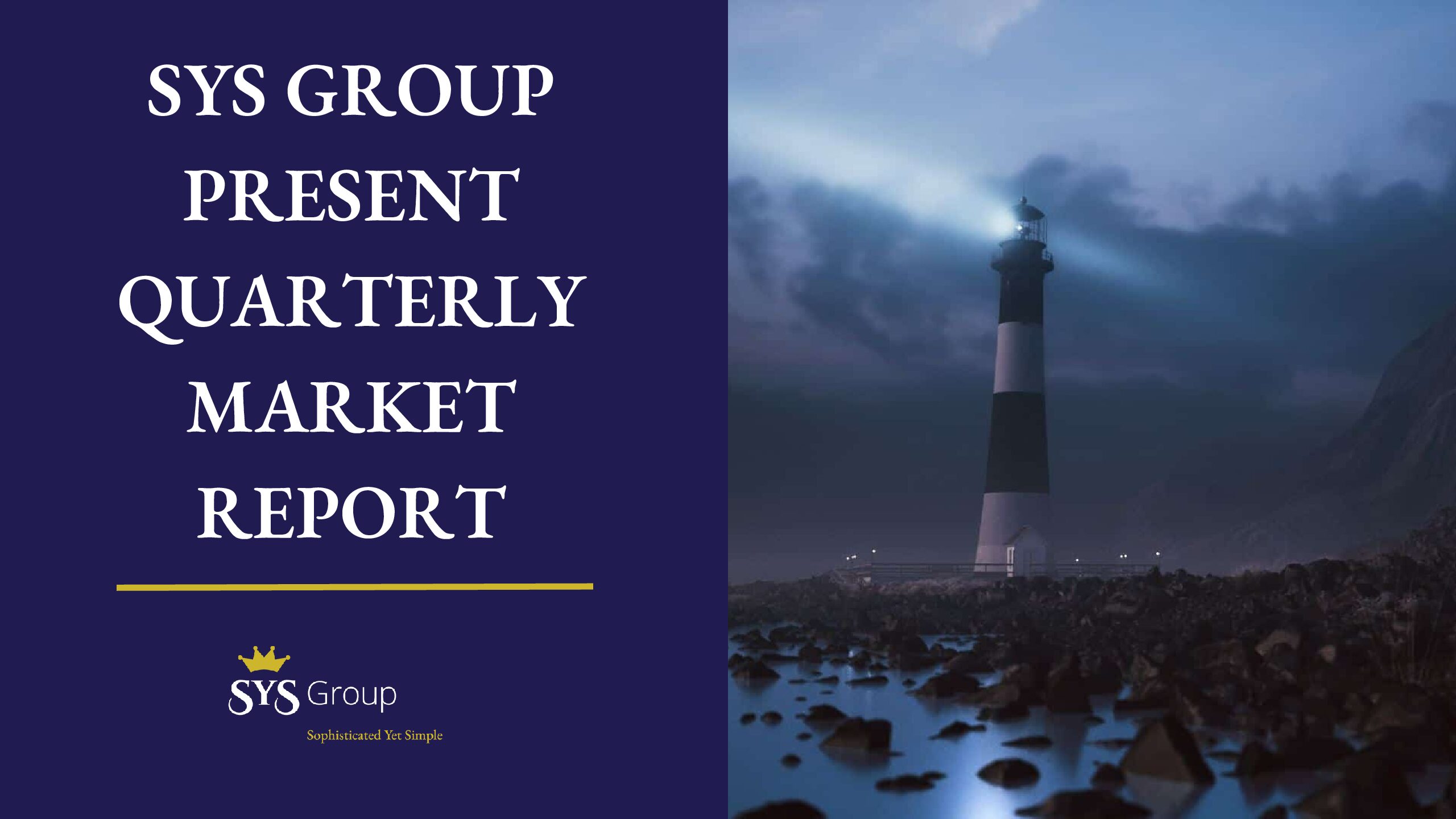What is a vulture fund?
A vulture fund is a non-bank entity /investment fund that buys non-performing loans from lenders. These are generally purchased at a lower value than the loan is worth. A non-performing loan is possibly in arrears or one the lender doesn’t consider sustainable or will be paid back in full. The word ‘vulture’ is symbolic of a bird preying on a vulnerable animal. This signifies that the vulture fund is preying on the distressed mortgages to make a financial gain.
As background, all Irish banks held sizeable percentages of these non-performing loans following the financial crisis. Over time, there was a drive from the European Central Bank (ECB) to have these numbers decreased for Irish banks. This led to a rise in the involvement of these credit firms. Vulture funds bought portfolios of loans, which was a method used to manage underperforming / non-performing loans as a fallout of the financial crash.
The sale of underperforming loans to “vulture funds” has been good for those established as nonperforming loans deplete a bank’s profitability and restricts its ability to lend. When a bank sells a loan, it frees up cash that can be used to lend to other borrowers.
Do you want to speak with an expert mortgage broker about your mortgage? This article is written by SYS Mortgages Manager Helen Slattery. All thoughts expressed are the author’s own.
Who Are The Vulture Funds?
You might recognise some of them. These include Lone Star, Carval, Start Mortgages and others like Promontoria, Oaktree, and Havbell. However, most customers will only know of what are called credit servicing firms like Cabot, Pepper, Mars Capital and Certus. These investment funds are based mainly in the US and they raise money in the international markets. It has been reported that the loans could have been written down by as much as 50%.

The largest vulture fund of all was the National Asset Management Agency, NAMA. It bought the big bad loans from the banks, which helped them get back on an even footing.
In December 2018, The Taoiseach said that mortgage holders would be “no worse off” if their mortgages were sold to vulture funds. He said they would continue to have the exact same consumer protections, as they would if their loan had still been owned by banks. In April 2019, then Minister for Finance, Deputy Donohoe, told us he would be happy for his mortgage to be sold to a vulture fund and he said the “evidence shows that protections are in place and that citizens are treated equally”. The implication was that borrowers would not suffer as a result. However, borrowers have suffered and are paying a much higher mortgage rate.
Although we are speaking about numbers and mortgages, behind these figures are people and families. They are, in essence, bank locked. This means that they are locked in and can’t move to a mainstream lender. Nightmarishly, they are locked into whatever variable rates the vulture fund is offering.
Mortgage Arrears Statistics
As of early March 2023, some 113,688 mortgages are in the hands of vultures.
Of these, 37,000 of them are on tracker rates. As the tracker is held, the rates increase and decrease in line with the movement of the ECB rate, similar to those who have mortgages with mainstream lenders. The vulture fund does not control the rate being applied to these loans. Some of these mortgage holders had previously been customers of Danske Bank and Bank of Scotland.
There are an additional 45,000 on variable rates. There is no control over what rate they are being charged, the vulture funds can increase their variable rates as they wish. These mortgage holders are vulnerable and at the mercy of the vulture fund and the rates they apply.
Over 21,000 are in long-term mortgage arrears with Vulture funds.
Others are on fixed rates. Their rates were fixed when their mortgages were transferred to vulture funds, they will be exposed to variable rates on expiry of their current fixed rate agreement. They will have no protection when their fixed rate expires and will be in the same predicament as those currently on variable rates.
More than 40,000 people had their loans impacted as a result of the tracker mortgage scandal and overcharging by banks. That caused much more than financial pain, as we have heard down through the years. A number of those individuals had their loans sold to vulture funds before they were compensated and their tracker rates restored.
If these people had had their tracker rates restored when this should have happened would they ever have gone into arrears and would their mortgage ever have been sold to a vulture fund?
My Mortgage is Vulture Fund Owned: What Next?
I’ll answer that question in two parts –
- For those who are currently in arrears / have been in arrears in the past and who are struggling to pay their mortgage and;
- For those who do not have credit issues/arrears but there is a whole cohort of others who may have restructured mortgages or their family circumstances may have changed since they took out the mortgage and they cannot switch.
Anyone who can switch should switch.
- Do not bury your head in the sand. Engagement is key. If you are finding it difficult to pay your mortgage the first thing I always advise is to communicate with your lender. Tip: always keep a record of who you spoke to, when you spoke to them, and the details of the conversation held. You will most likely be speaking to someone in a call centre, and not to one dedicated person.
- Seek advice from MABS (Money Advice & Budgeting Services), The Insolvency Centre of Ireland or from Free Legal Advice Centres – or from a PIP (Personal Insolvency Practitioner) (These organisations will assist you in completing a Standard Financial Statement (SFS) and in proposing an achievable agreement with the service holder. The earlier you engage with the process and the support available, the better your chances of reaching a positive outcome.)
- Agree a new (lower) monthly repayment. Only agree to a realistic repayment figure, there’s no point in agreeing to a monthly repayment if this is not an achievable amount to pay on an ongoing basis. You don’t want to find yourself in arrears again.
Mainstream Lender
If you are not in arrears and have been in the good books, then you should look at switching your mortgage from the vulture fund to a mainstream lender.
Be aware that a lender will want to know why your mortgage is with a vulture fund – most mortgages with these lenders were sold due to the inability to pay the mortgage with a mainstream lender. If you are unsure of how clean your credit history is you can order a credit report from www.centralcreditregister.ie
However, many mortgage holders who are with vulture funds are unable to switch to mainstream lenders offering lower rates because they had problems with their loans in the past. They have no control, no option of moving, no option of fixed-rate mortgages, having been sold involuntarily to vulture funds.
What Are Vulture Funds Rates?
Similar to all lenders, vulture funds have increased their interest rates in the last number of months. They are increasing lending rates since the ECB has increased its own.
Most of these firms now only charge variable rates and do not give a fixed rate option. This causes a problem in terms of certainty and security for the mortgage holder especially as variable rates are increasing. Mortgage holders are not offered the option to lock into fixed rates as credit servicing firms do not offer these.
If these mortgage holders were being offered fixed rates, I wonder what these rates would be. If they are as uncompetitive as the variable rates being offered what benefit would this be to the mortgage holder?
Typical interest rates with vulture funds are now in the region of 7%-9%. Mainstream lenders’ rates are in the region of 4.0% – 4.8%. Which would you rather be paying?

Customer Protection
The Central Bank has a key role in protecting consumers. The consumer protection code states very clearly that firms must act honestly, fairly, and in the customers’ best interest and the market’s integrity. We were told that consumer protections would follow the customer when a loan was sold to a vulture. However, we know that is not true.
Many of these are people who used to be with a bank and are now with a vulture fund. They assumed their interest rate would remain the same as it was with the bank with which they originally took out the mortgage. Their mortgage has been sold, and they are now being charged extortionate rates by vultures. They are paying approximately 3% more than they would be if their mortgages had not been sold to vulture funds. Some of these people are bank locked. How can this be described as treating customers fairly?
The Central Bank’s Code of Conduct on Mortgage Arrears, also known as the CCMA, provides more detail on these rights and protections. The code of conduct of mortgage arrears is just that – a code. Therefore, the High Court and Supreme Court have deemed it not legally binding.
The Central Bank Must Protect Mortgage Holders
What is the regulatory body (Central Bank) doing to help these mortgage holders? I am asked this question every day of the week.
Vulture funds are not regulated by the Central Bank, but the firms that service the loans (credit servicing firms) on behalf of the funds are regulated. These servicing firms include Pepper and Lone Star.
In February 2023, the Irish Independent reported that the Central Bank has told the Minister for Finance it does not want powers to cap the interest rates that vulture funds can charge mortgage holders. It has been reported that the Central Bank would have serious reservations about potential policy interventions that seek to regulate the setting of interest rates by financial institutions. They suggest that such regulation has the potential to hinder competition in the market, impact pricing and deliver unintended consequences, particularly with regard to managing risk. The Central Bank has responded that it does not want extra powers to regulate mortgage rates and that it argued that it is not appropriate for a regulator to have a role in setting prices.
We put the question out there: Why has the Central Bank intervened in the general insurance market but not with regard to Vulture Funds?
What Can Be Done About Vulture Funds
If the Central Bank cannot force Vulture Funds to reduce their rates, what can be done?
We ask the questions that many mortgage holders have. What happens when the non-performing loan figures start to rise again with the main lenders? Will more families find themselves at the mercy of vulture funds?
These people are our family, friends, and neighbours. These people are not just statistics. It is possible these people fell into arrears through no fault of their own. Subsequently, they are being unfairly financially penalised every month with little hope of a decrease in rates / monthly repayment.
Cost of Living Crisis
We are currently in a cost-of-living crisis with the costs of food, electricity, fuel etc all continuously increasing. It is unrealistic to expect families to sustain these high-interest rates while the cost of living increases. They are at a serious disadvantage when they are at the mercy of rates being offered by vulture funds. This could be our next unfolding scandal and the start of our next arrears crisis.
The views expressed in this article are the views of the author.
About The Author











